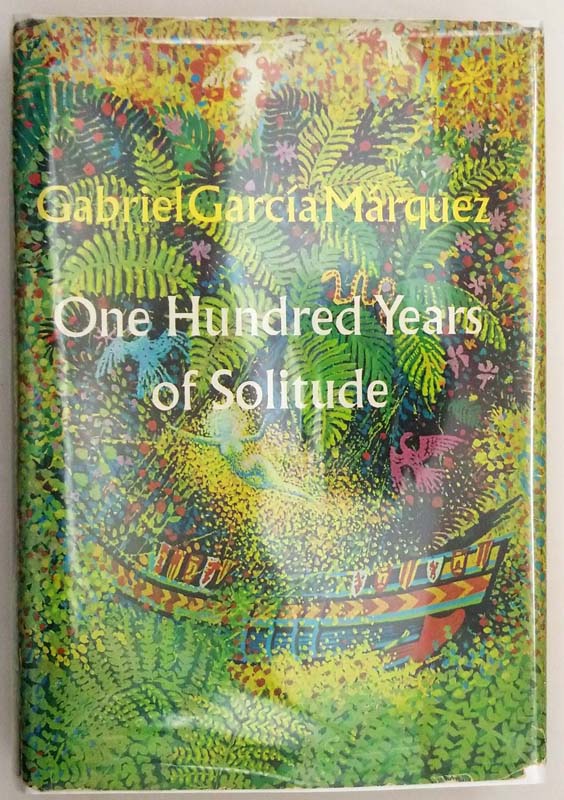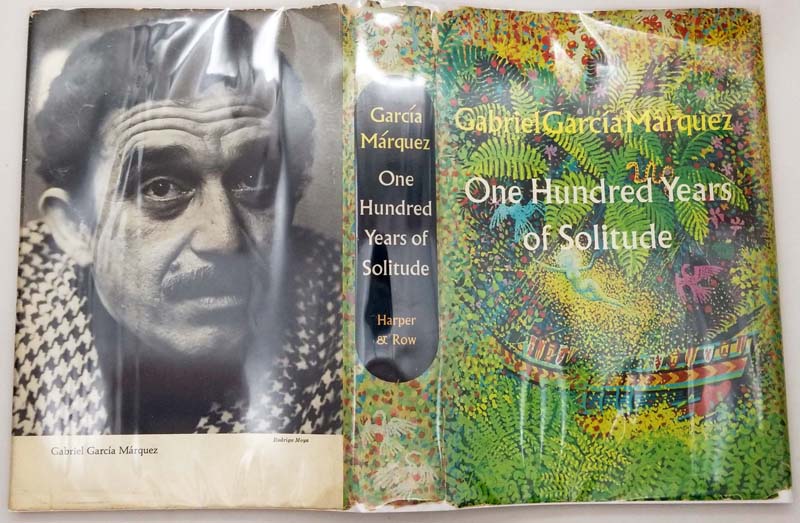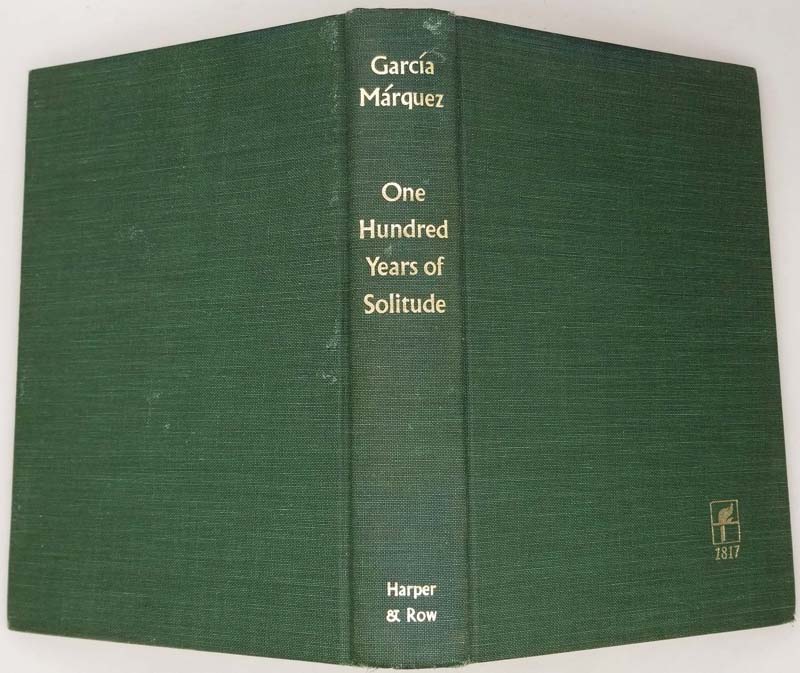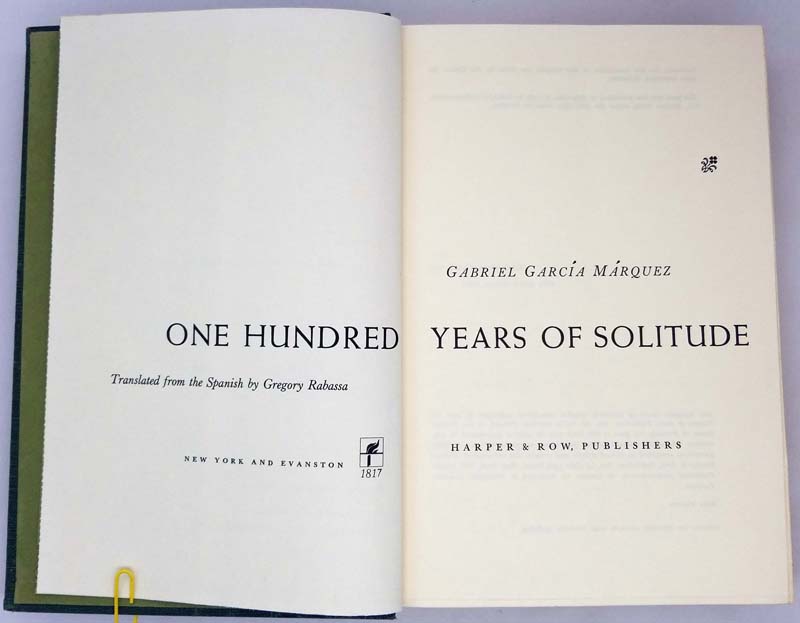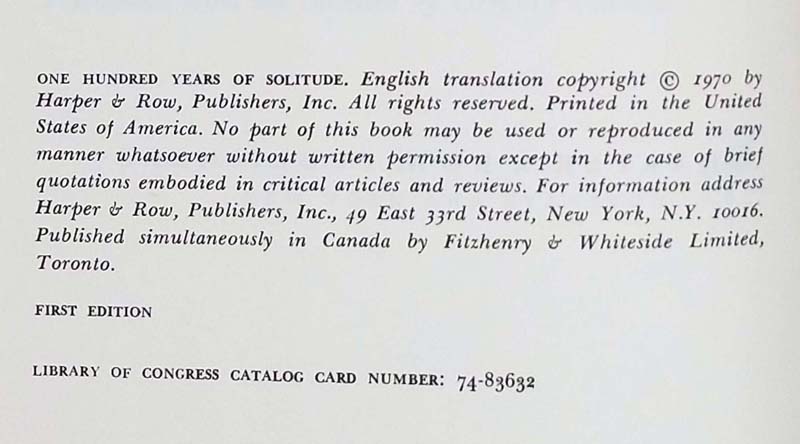One Hundred Years of Solitude (1967) by Gabriel García Márquez is a landmark of magical realism that chronicles the rise and fall of the Buendía family across seven generations in the fictional town of Macondo. Blending myth, history, and political allegory, the novel weaves together love, war, and fantastical elements—flying carpets, prophetic manuscripts, a girl ascending to heaven—with the cyclical tragedies of Latin America.
Márquez’s lush, looping prose (famously opening with Colonel Aureliano Buendía facing a firing squad) captures the weight of memory and the inevitability of fate. A cornerstone of world literature, the novel won the Nobel Prize for its “mythic universality.”
